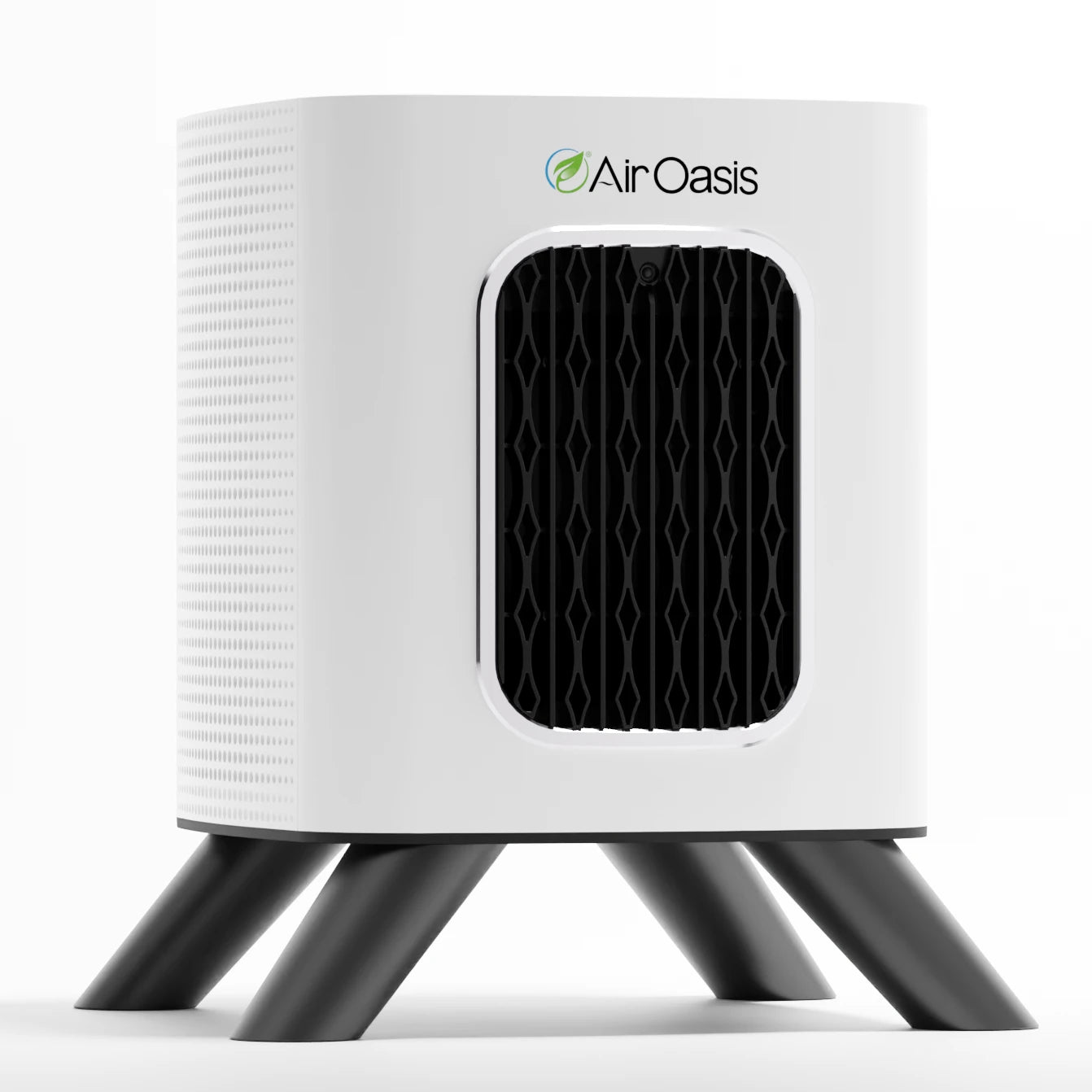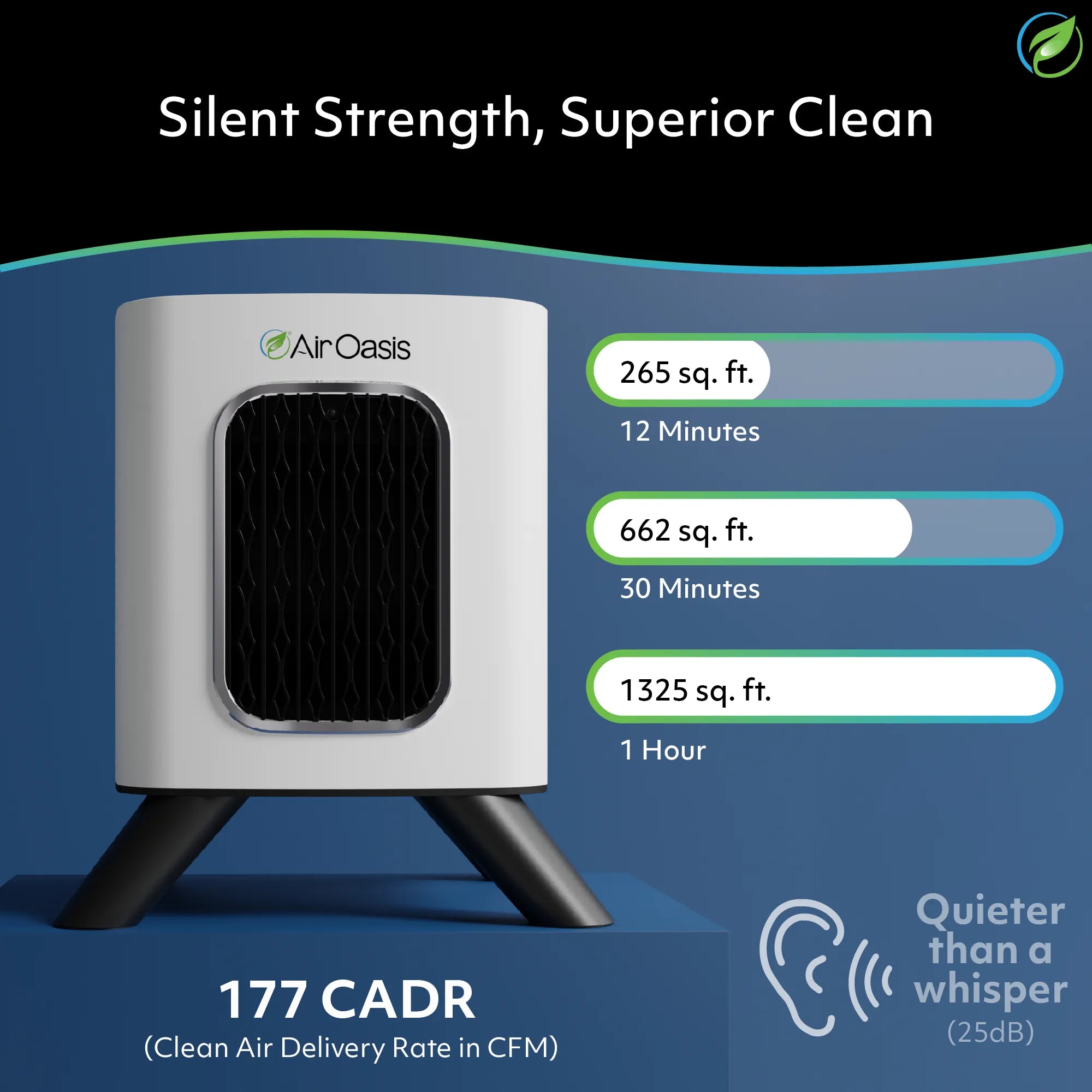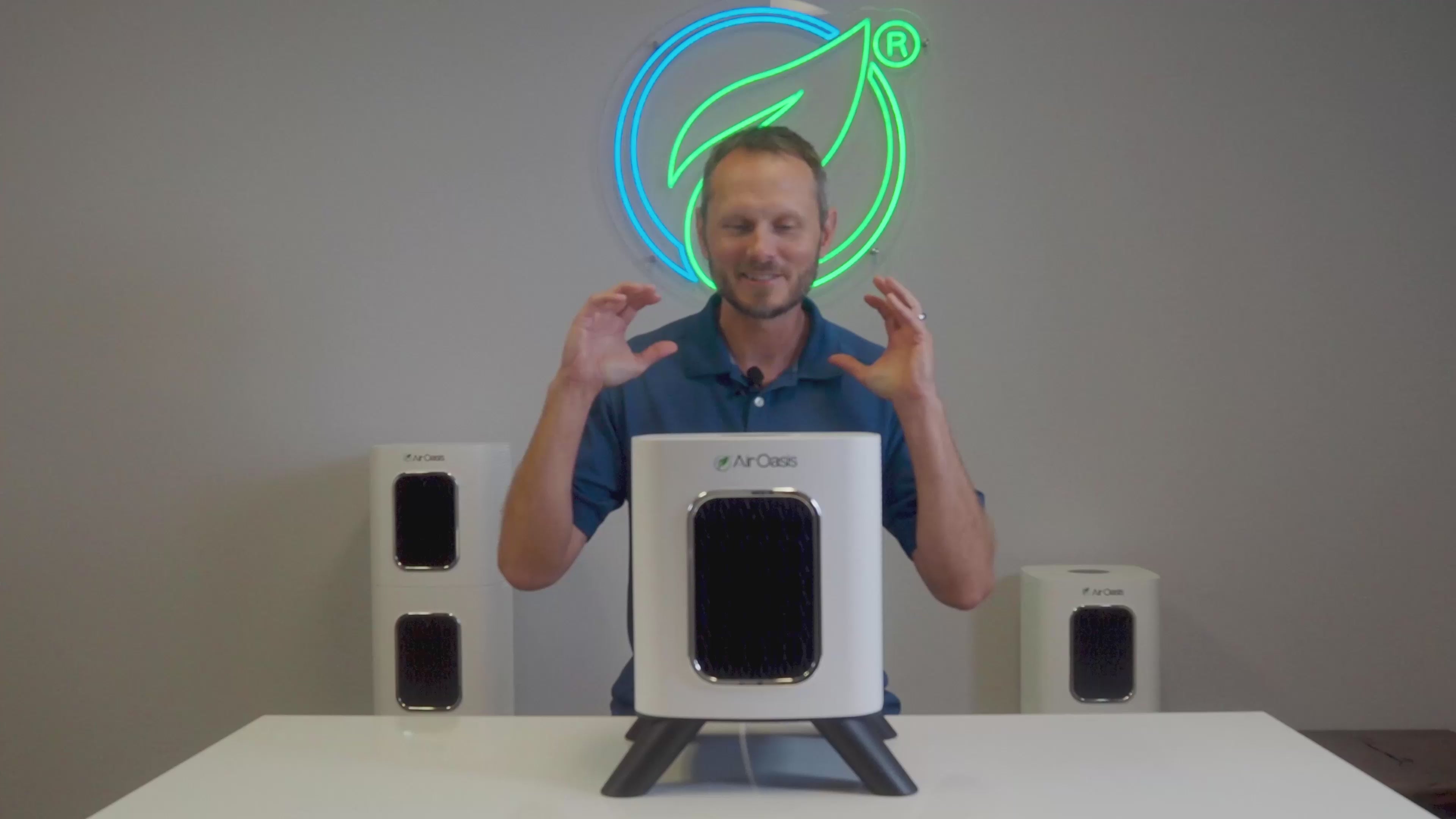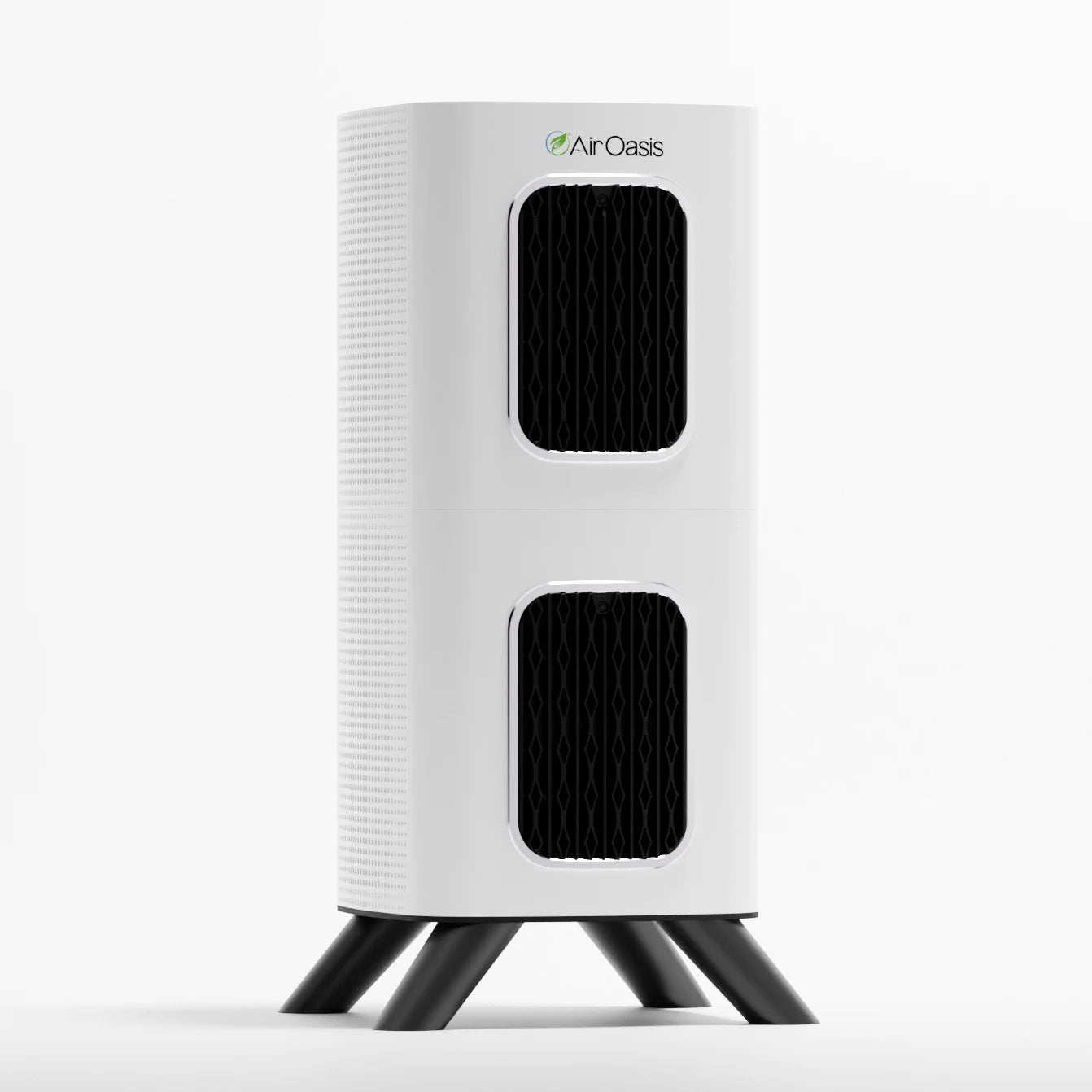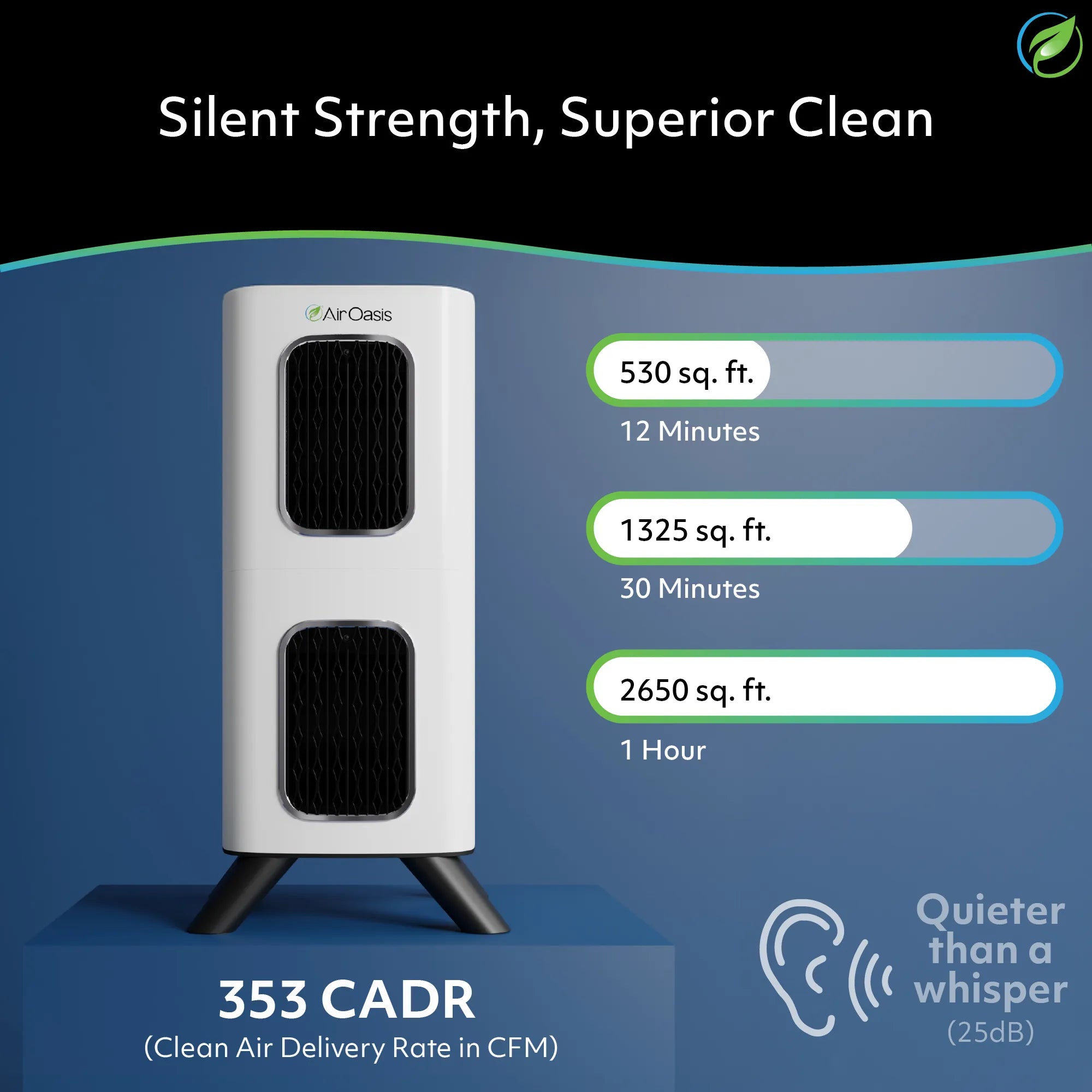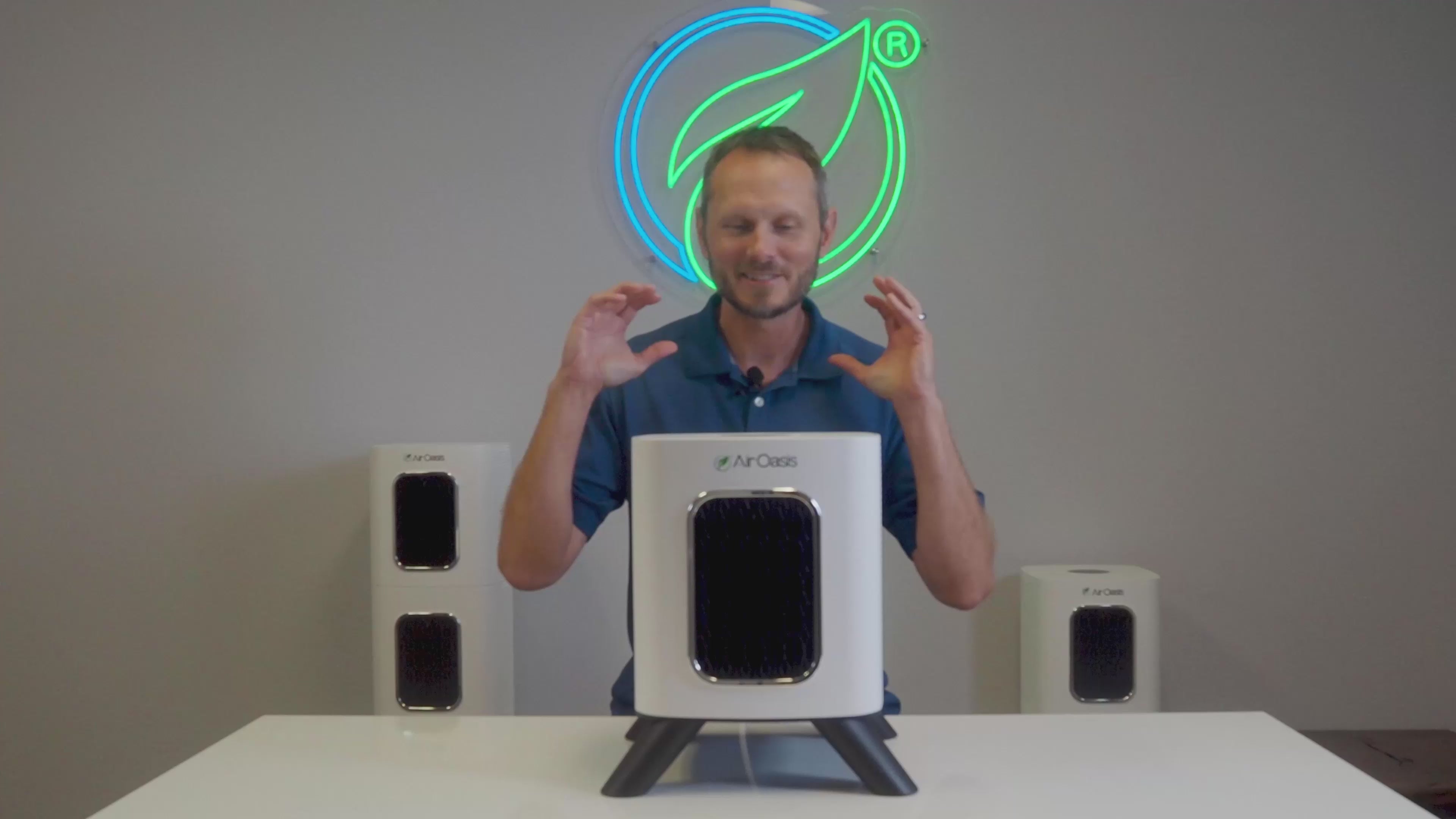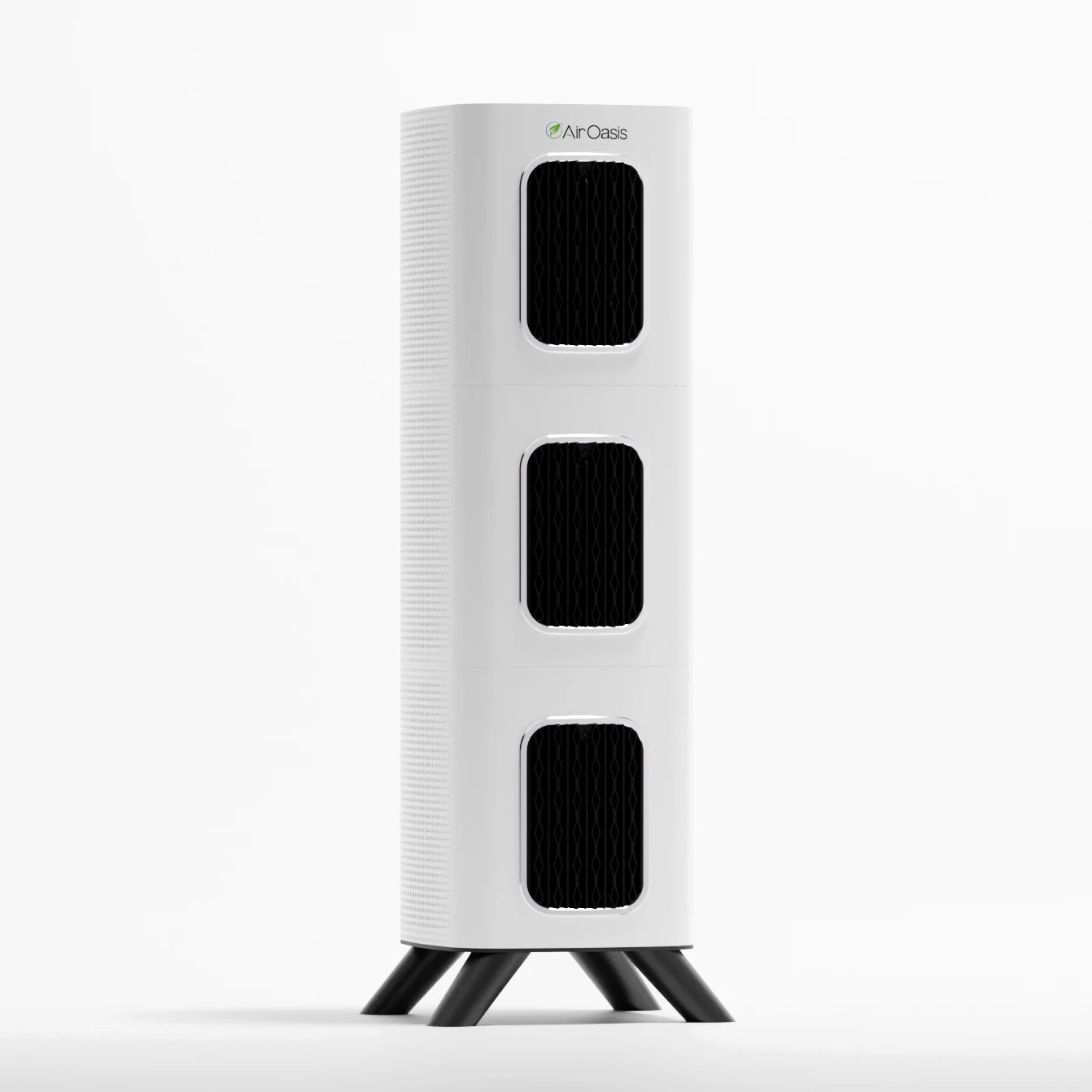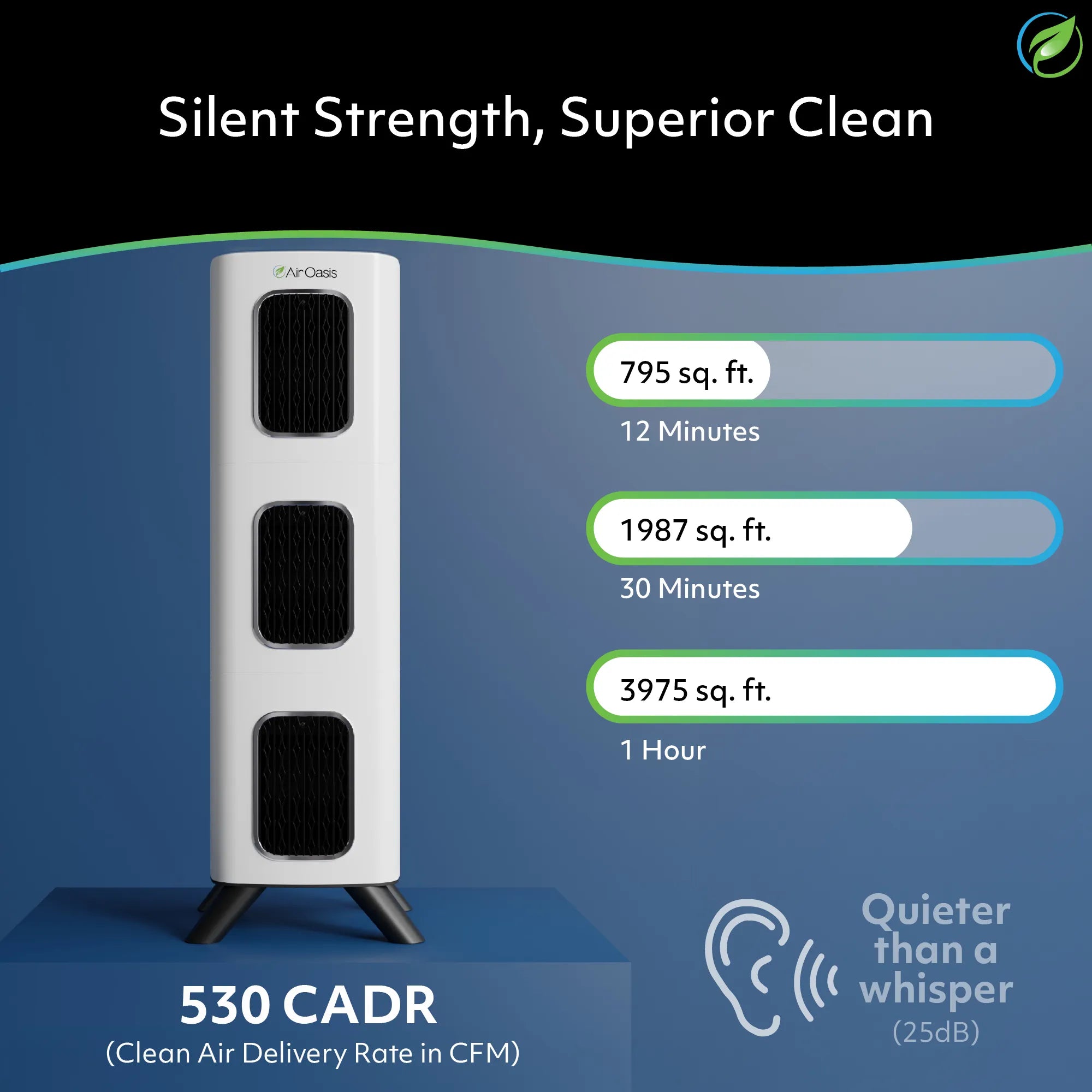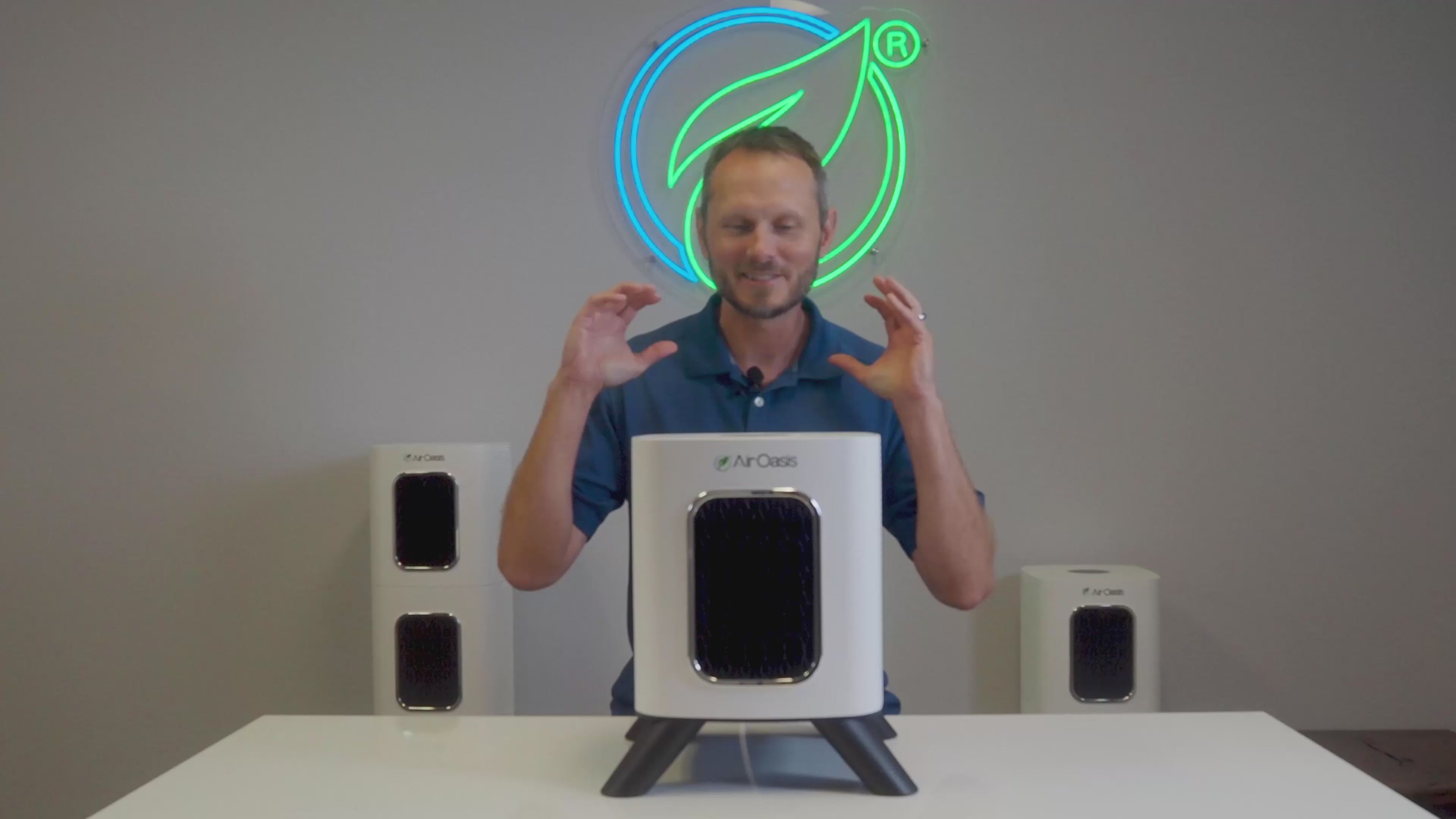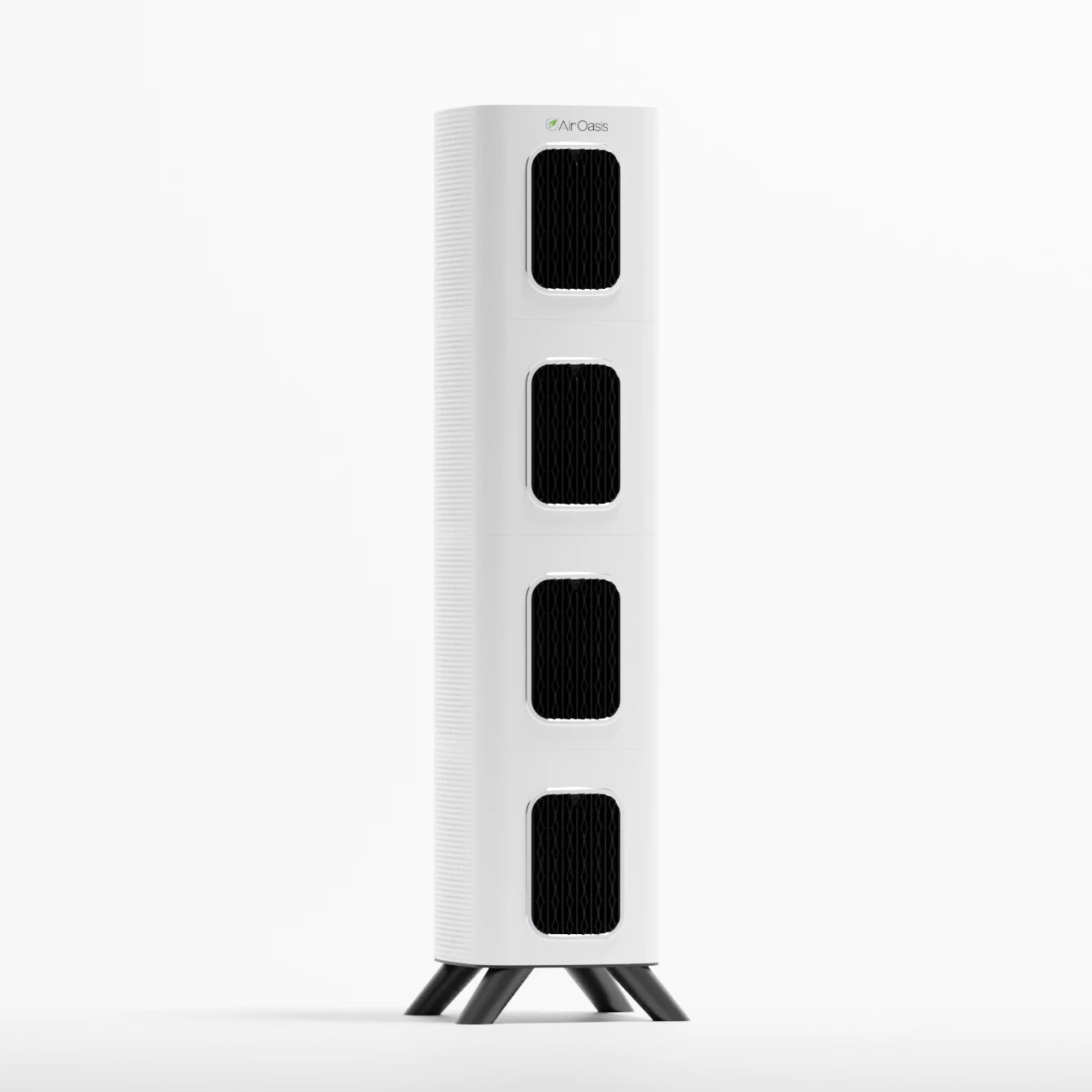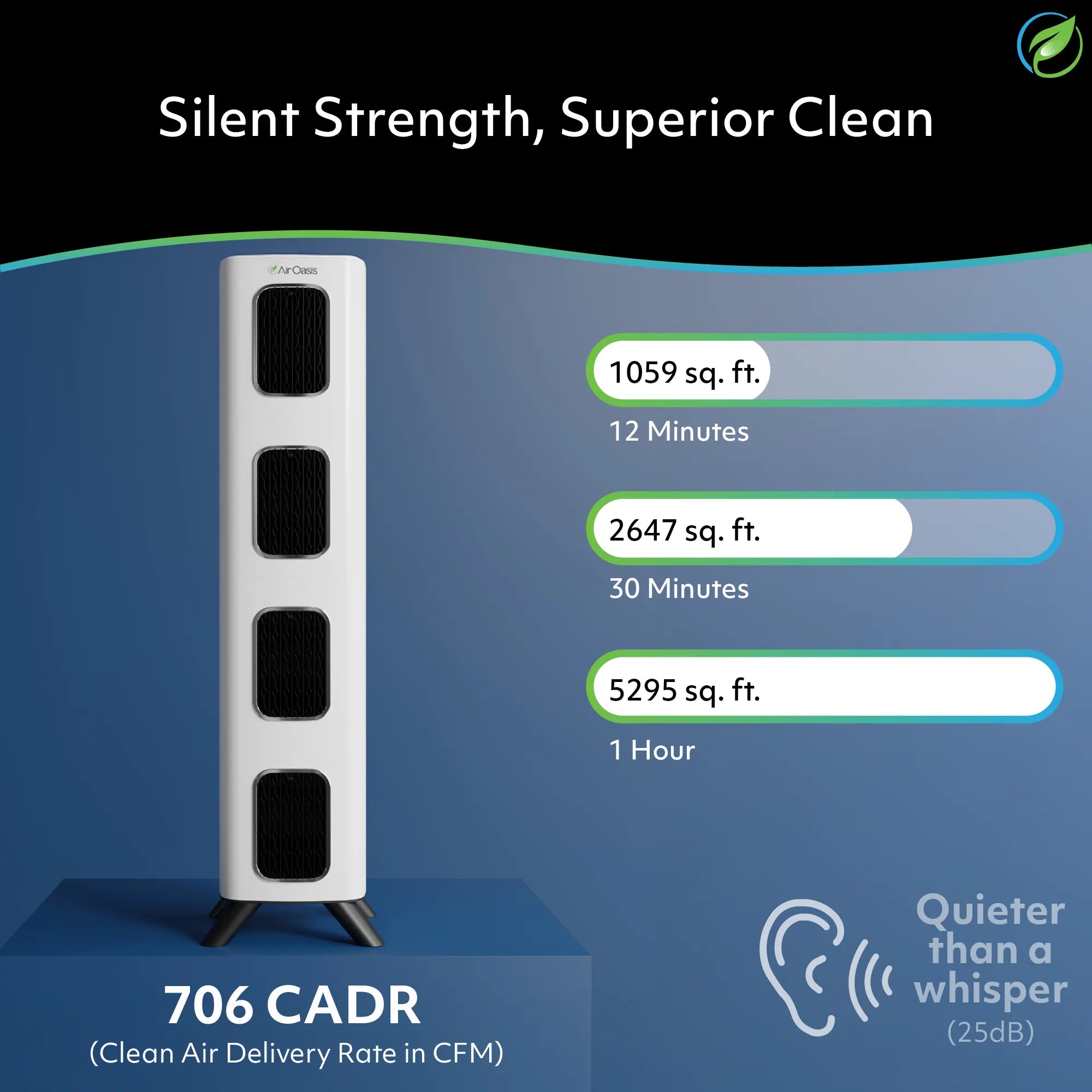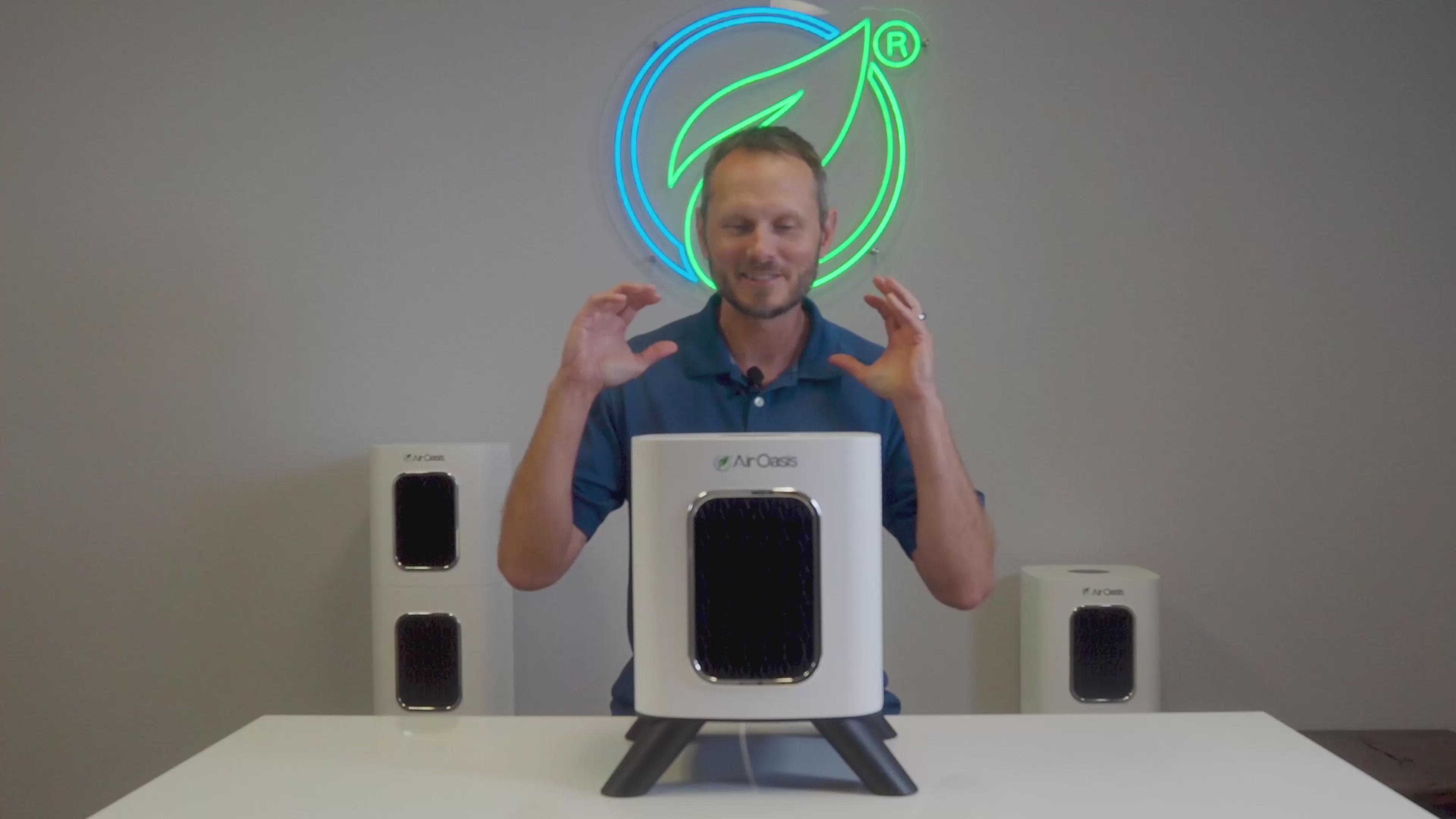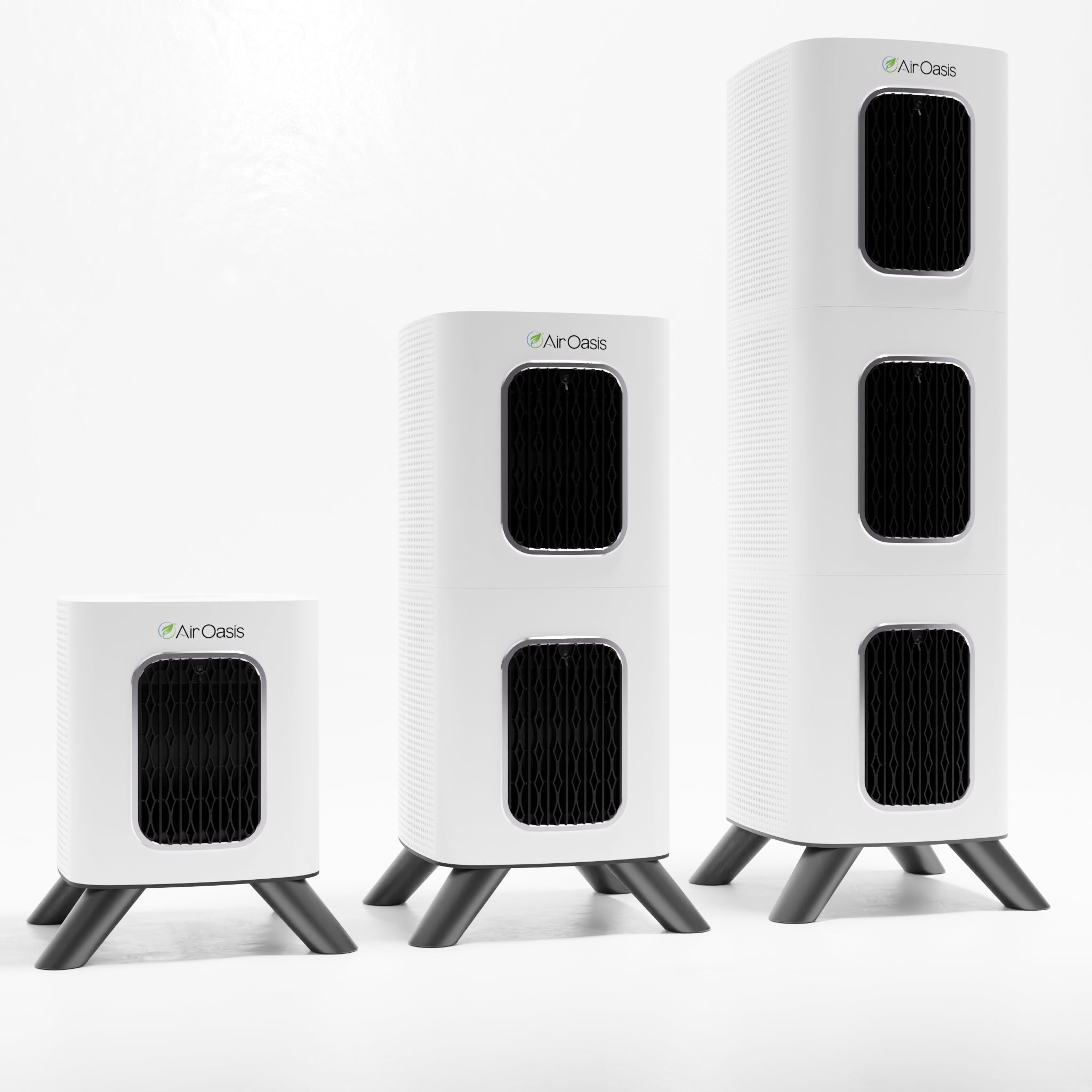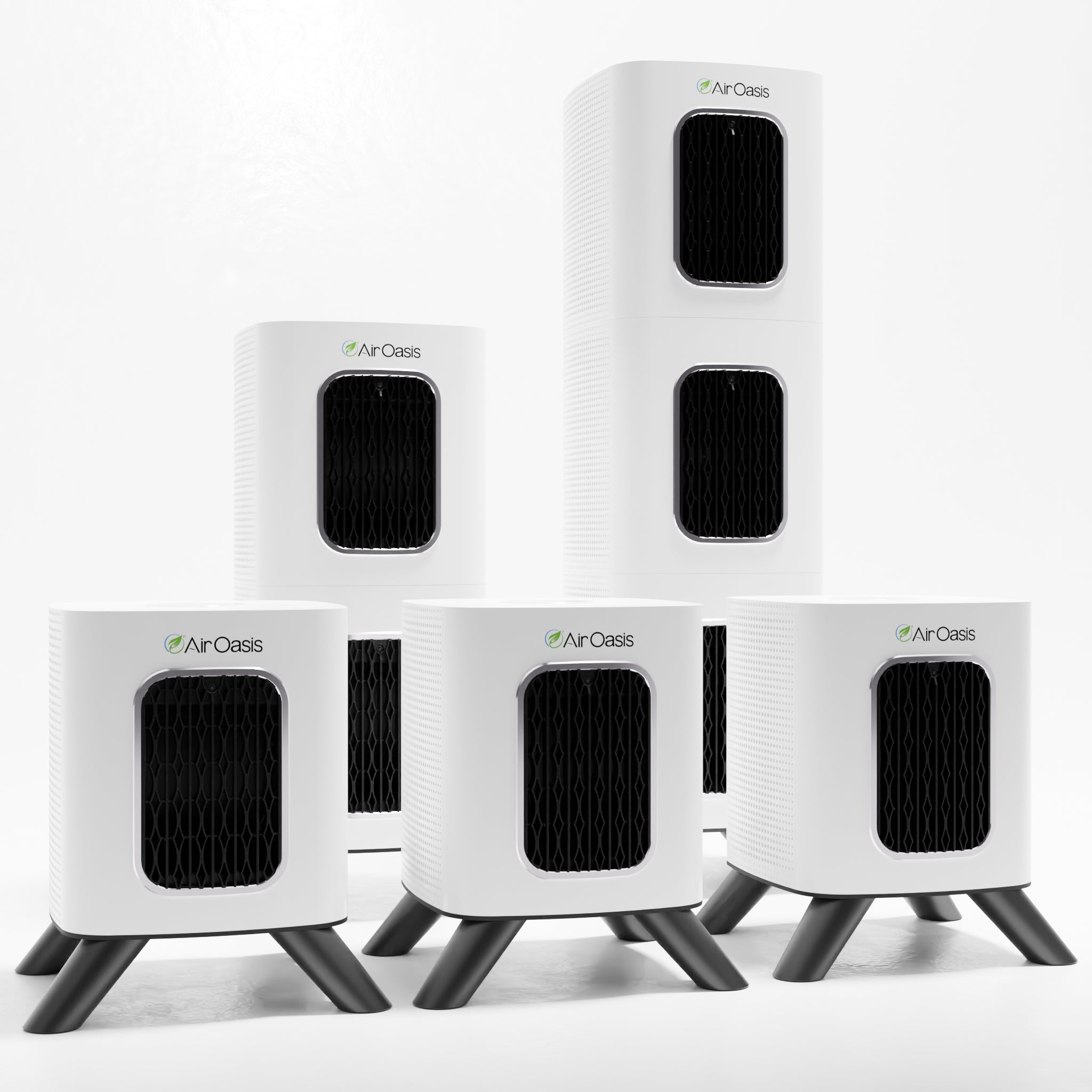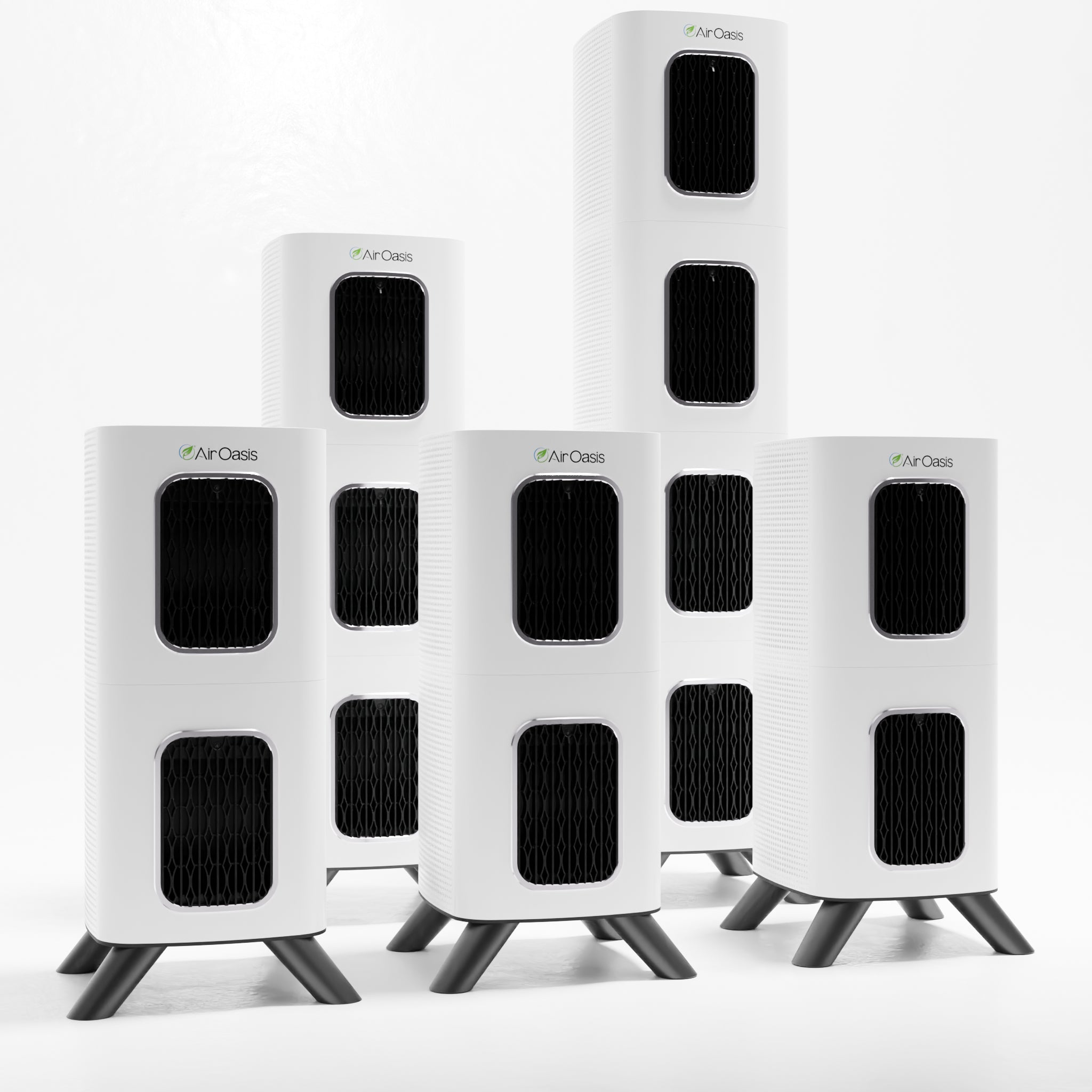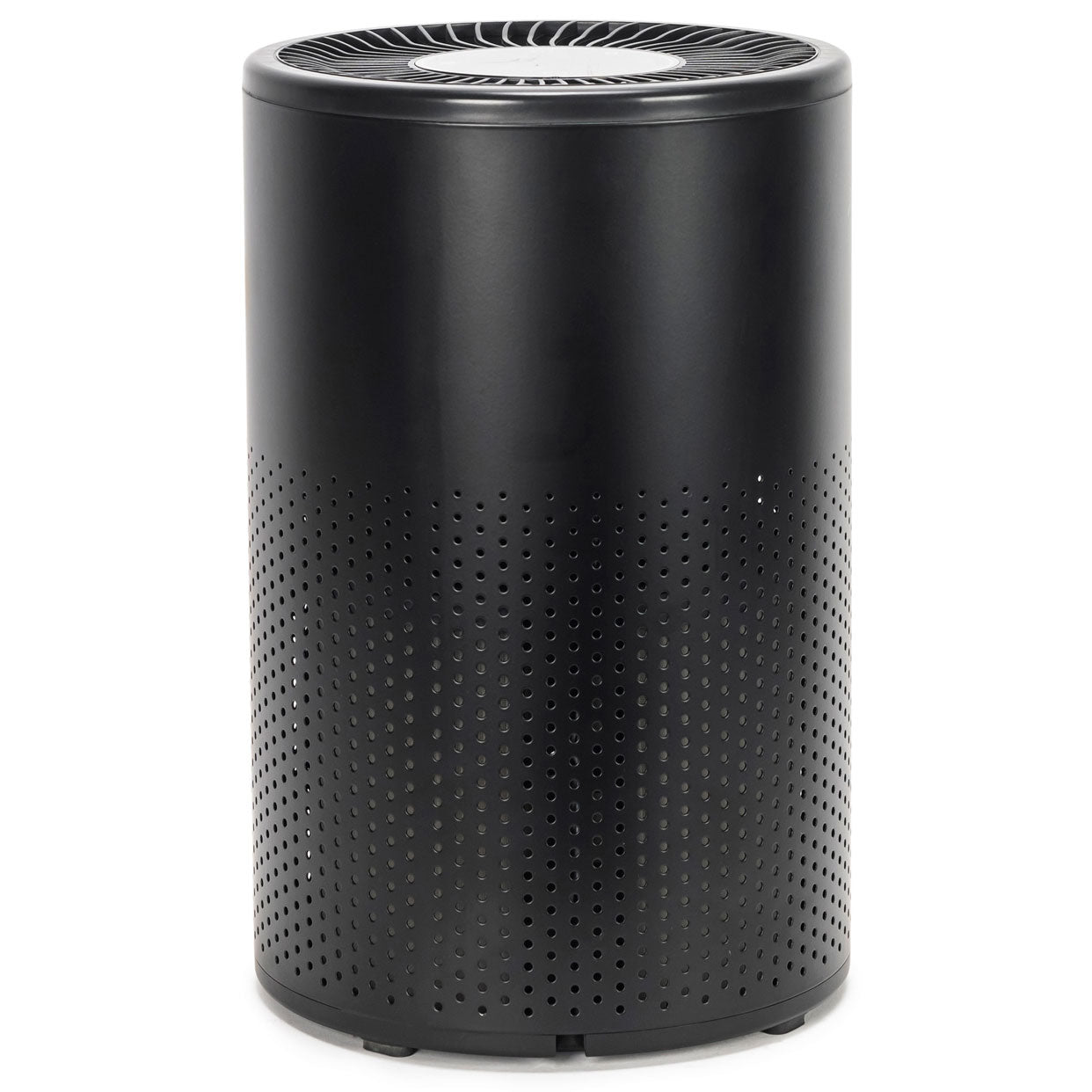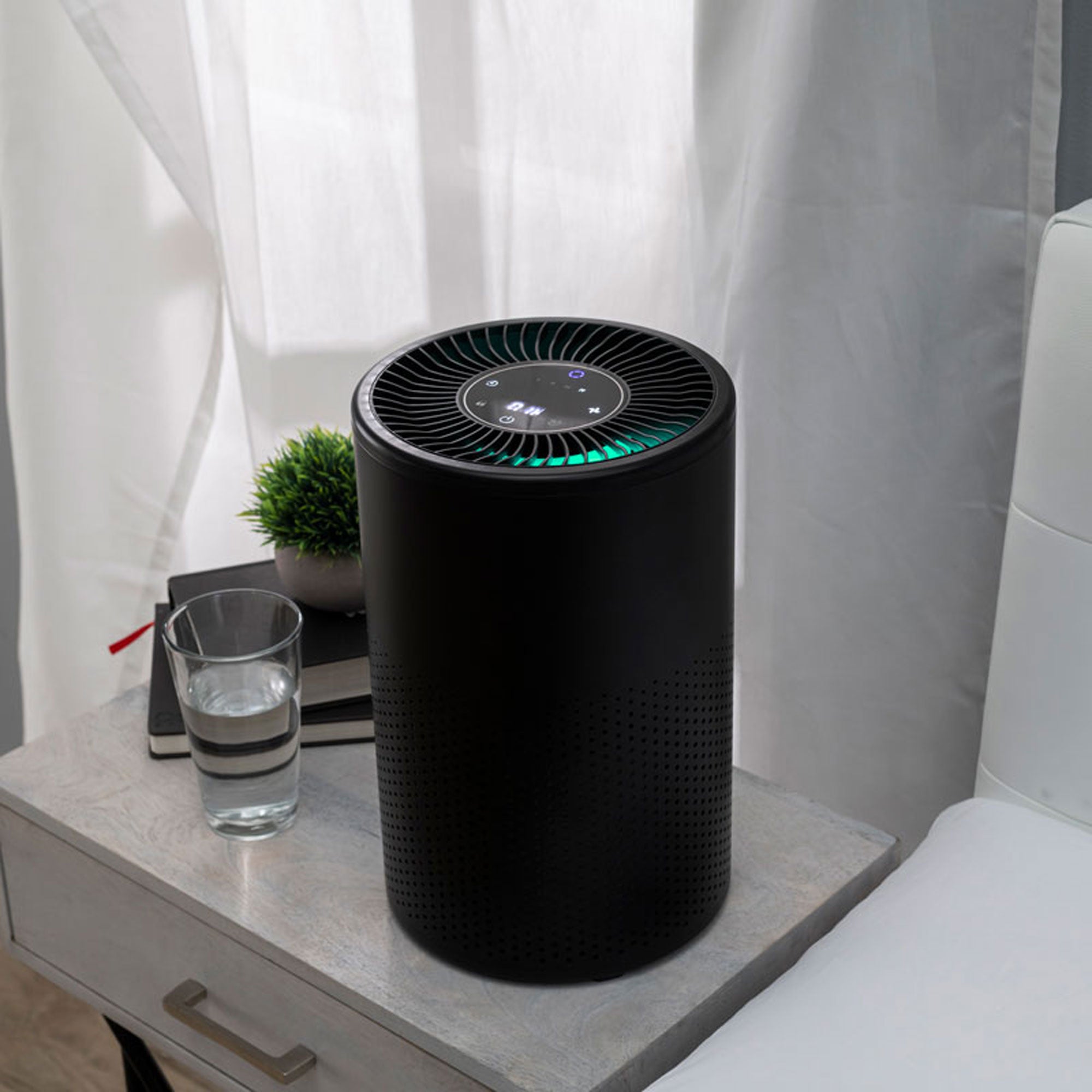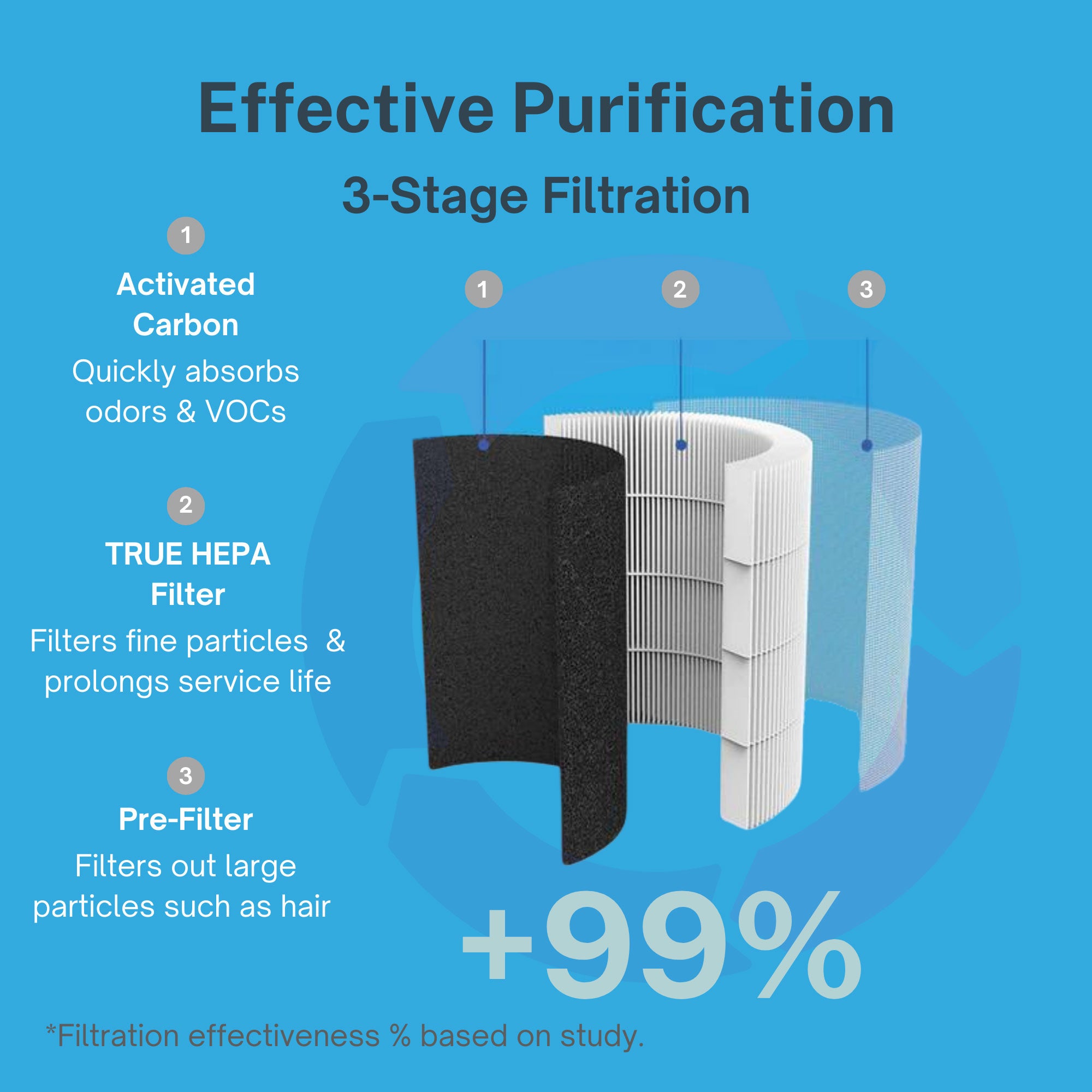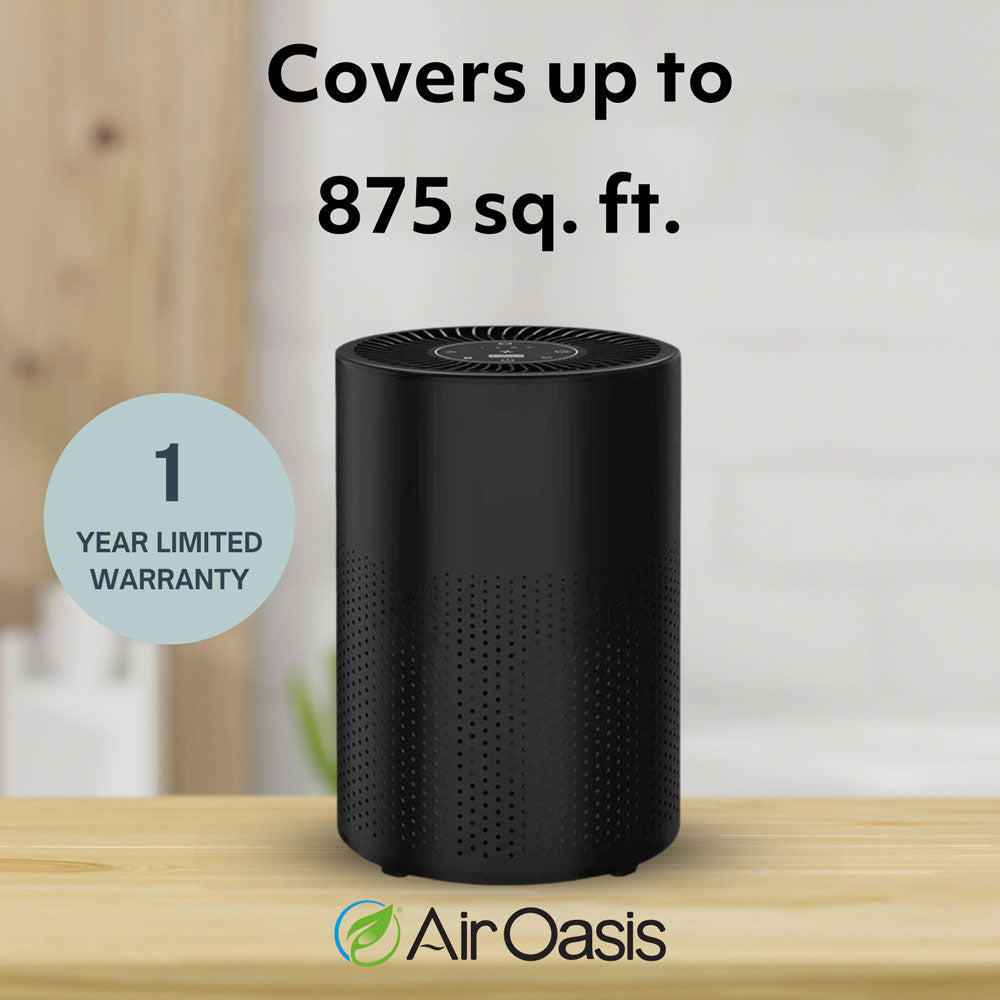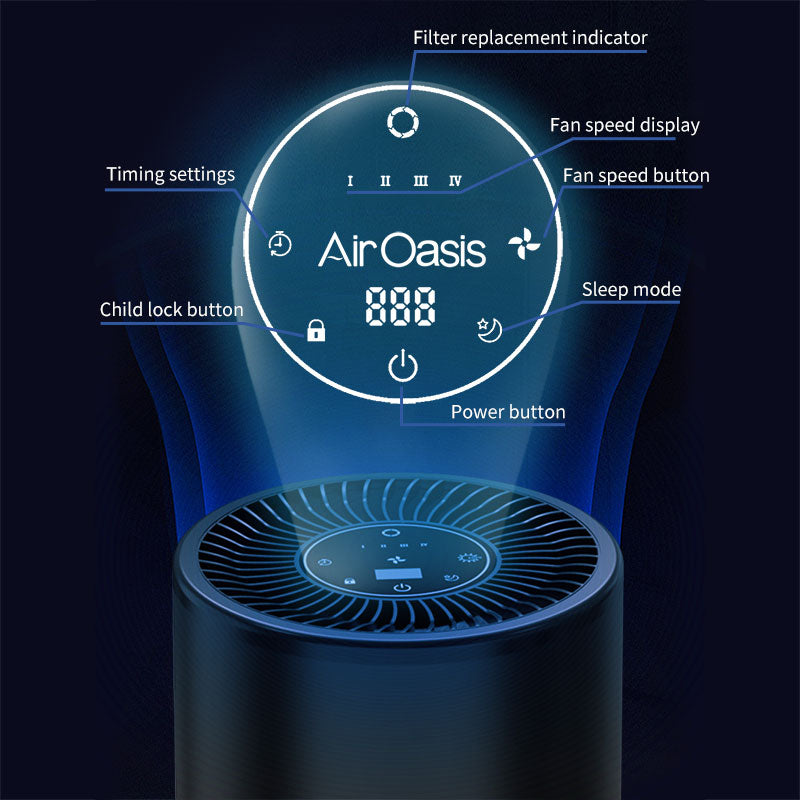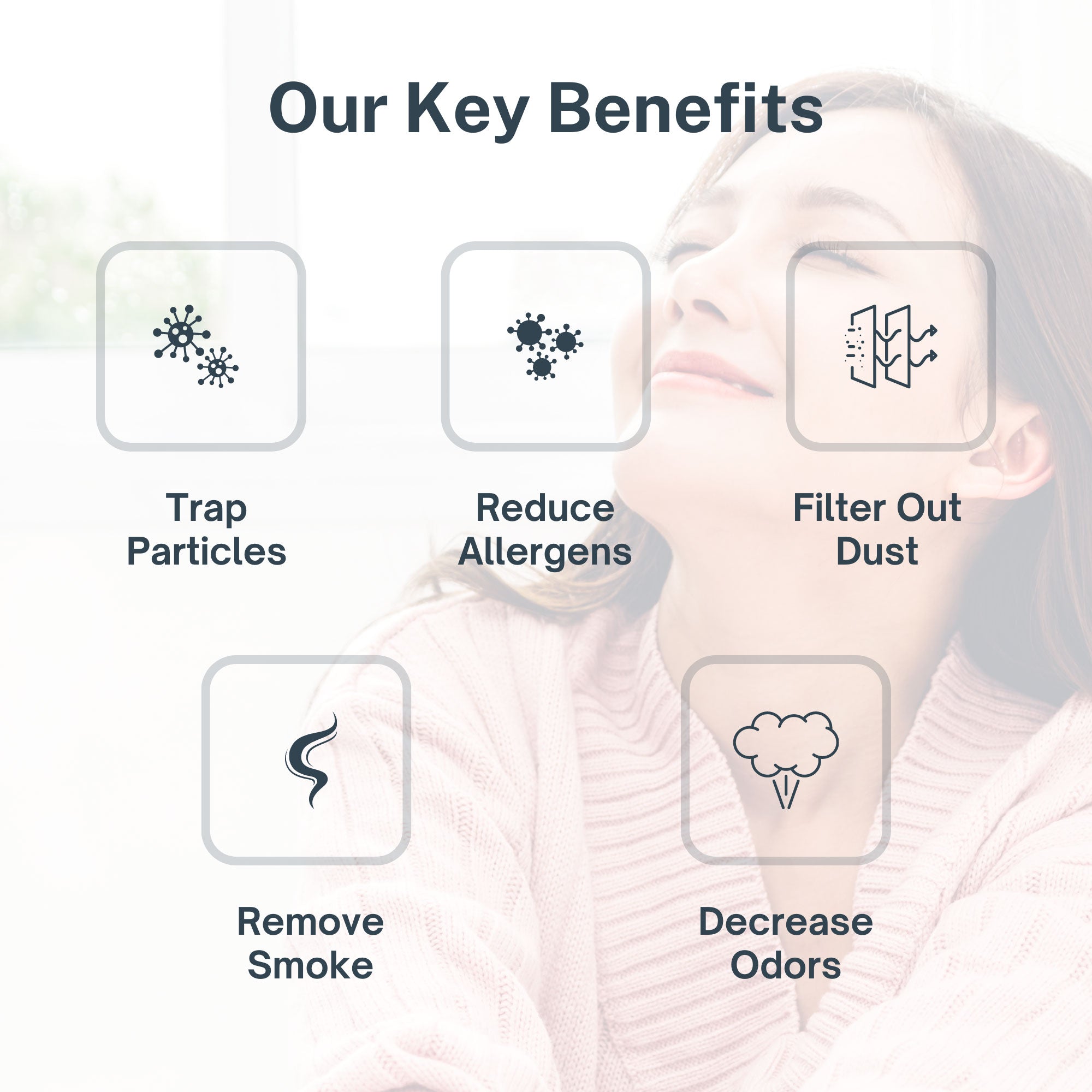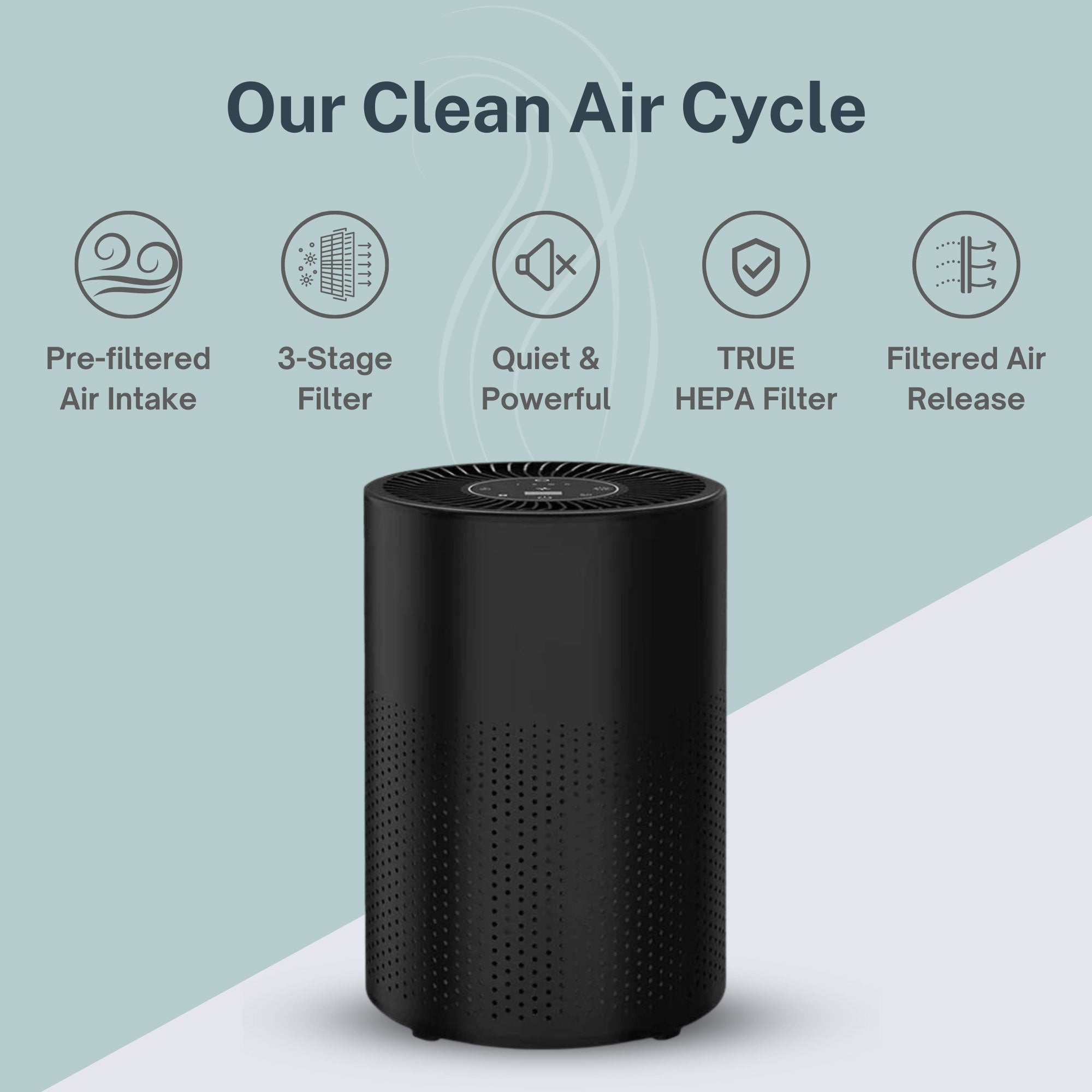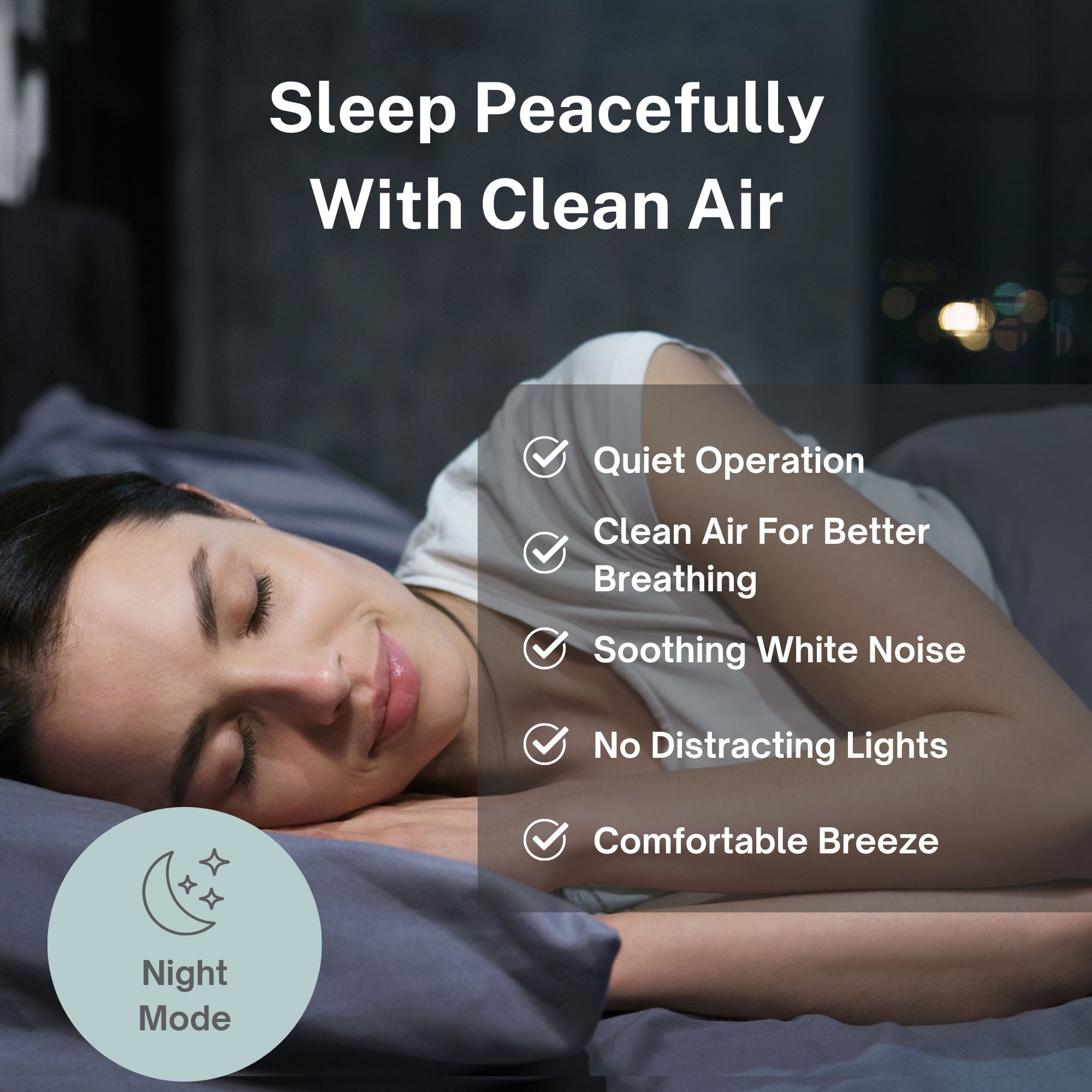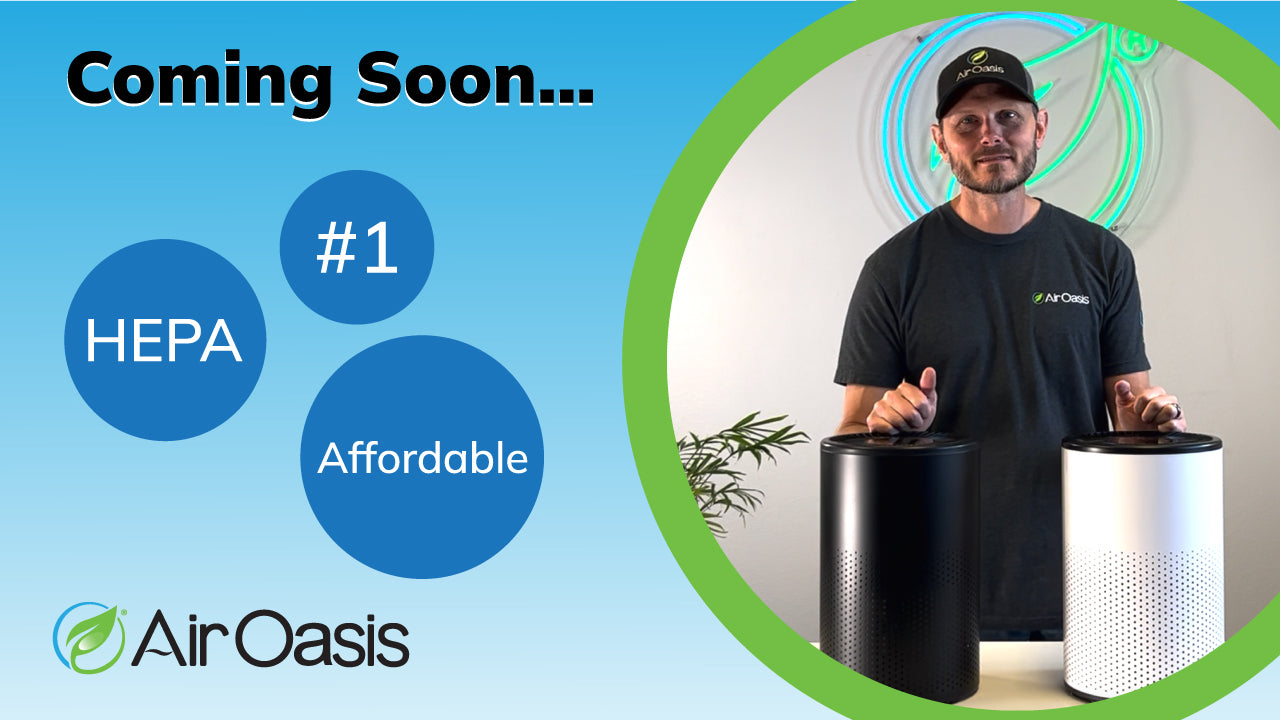The Texas Commission on Environmental Quality proposed a controversial rule change in June 2025 that would allow industries to use funds paid by Texas motorists to offset federal air pollution penalties, sparking criticism from environmental advocates who call the proposal an "accounting trick" that shifts pollution costs from polluters to drivers. Under the proposed rule, large industrial facilities facing federal fees for North Texas's poor air quality could tap into the Texas Emissions Reduction Plan (TERP), which collects money from vehicle registration, titles, and commercial vehicle fees.
North Texas has failed to meet federal ozone pollution standards since 2008, earning it a "severe nonattainment" designation alongside the Houston-Galveston-Brazoria metro area. The region faces potential federal penalties beginning in 2027 if air quality doesn't improve, with fees assessed on major industrial polluters including power plants, refineries, cement plants, and chemical manufacturing facilities.
Industrial Pollution Penalties Would Shift to Motorists
The Clean Air Act's Section 185 requires large industrial facilities to pay fees when regions fail to meet federal ozone standards, placing financial responsibility on major pollution sources rather than the general public. However, TCEQ's proposed rule would allow these industries to use TERP funds to offset their federal penalties, effectively transferring costs to Texas drivers who pay into the program through various vehicle-related fees.
"It's not going to generate any new revenue and it won't lead to any new pollution reductions as it is intended to do," said Kathryn Guerra from Public Citizen, a nonprofit watchdog organization. Guerra argued that the proposal represents an "accounting trick" that diverts money collected from motorists to pay obligations that Congress specifically intended for industry.
TERP, created in 2001, collects funds from vehicle titles, heavy-duty vehicle purchases and leases, and commercial vehicle registration and inspection fees. The program provides grants for congestion reduction and emissions control projects, making it what Guerra calls one of the "bright spots" in Texas air quality efforts.
The proposed rule change would fundamentally alter TERP's purpose by using motorist-paid funds to subsidize industrial pollution penalties rather than funding direct emission reduction projects. This shift concerns advocates who argue it undermines both the polluter-pays principle and the program's original emission reduction mission.
North Texas Air Quality Crisis Threatens Public Health
North Texas's persistent failure to meet federal ozone standards poses serious health risks, particularly for vulnerable populations including elderly residents and children with asthma. Ozone pollution can cause respiratory problems, reduced lung function, and increased susceptibility to respiratory infections, making air quality improvement a critical public health priority.
The "severe nonattainment" designation indicates that the region's air quality problems exceed moderate pollution levels and require comprehensive intervention. Despite some improvements since the 1990s, air quality progress has plateaued in recent years, leaving millions of residents exposed to harmful ozone levels.
Industrial facilities including power plants, refineries, and chemical manufacturing plants contribute significantly to the region's ozone pollution through emissions of nitrogen oxides and volatile organic compounds that form ozone in the presence of sunlight. These large stationary sources represent controllable pollution sources that federal law targets for penalties when regions fail to meet standards.
The potential for federal penalties beginning in 2027 creates urgency for air quality improvements, but the proposed rule change would reduce financial incentives for industrial polluters to invest in emission reduction technologies and cleaner operations.
Environmental Justice Concerns Over Cost Shifting
The proposed rule raises environmental justice concerns by shifting pollution costs from industrial facilities that generate profits from polluting activities to individual motorists who already bear transportation costs and face health impacts from poor air quality. This cost transfer particularly affects working families who cannot afford to avoid polluted areas or invest in comprehensive health protection.
"If you're a motorist in Texas and you're being told this is what we're taking this money out of your registration fee for, that is, what you expect it to be used for," Guerra explained. "Any other use of that money I think is dishonest." The comment reflects concerns that using motorist fees for industrial pollution penalties violates the implicit contract between drivers and the state.
Industrial facilities typically have greater financial resources and regulatory expertise compared to individual motorists, making them better positioned to absorb pollution-related costs. Shifting these costs to the general public through vehicle fees creates regressive impacts that disproportionately affect lower-income residents.
The rule change also reduces accountability for industrial polluters by removing direct financial consequences for their contribution to regional air quality problems. This reduced accountability may weaken incentives for voluntary emission reductions and cleaner technology investments.
Federal Approval Uncertain Under Different Administrations
TCEQ must submit its proposed rule to the EPA by November 2025, or the federal agency will collect penalties with interest directly from industrial facilities without returning money to Texas. This deadline creates pressure for state approval while limiting time for public input and comprehensive environmental review.
Environmental advocates note that the EPA under the previous Biden administration would likely have rejected such an "alternative fee" program, but the current Trump administration may prove more receptive to industry-friendly approaches. This political uncertainty adds complexity to the rule's potential implementation and effectiveness.
"Perhaps TCEQ believes that they're going to be able to implement this alternative program without pushback," Guerra observed, suggesting the state may be timing the proposal to coincide with federal administration changes that favor reduced industrial regulation.
The federal approval process will determine whether Texas can implement the cost-shifting mechanism or whether industrial facilities must pay penalties directly as Congress intended when creating Section 185 requirements.
Public Input Opportunities Limited
The North Central Texas Council of Governments held a public comment meeting on June 10, 2025, followed by TCEQ's own public hearing on June 12. These limited public input opportunities provide minimal time for comprehensive community review of a proposal that fundamentally changes how air pollution costs are allocated in Texas.
The compressed timeline for public input reflects broader concerns about transparency and community engagement in environmental decision-making processes. Complex regulatory changes affecting public health and environmental justice typically require extensive stakeholder consultation and impact analysis.
Environmental advocates encourage public participation in the comment process to ensure community voices are heard before commissioners vote on the proposed rule. The outcome will set precedents for how Texas addresses future air quality challenges and whether polluter-pays principles remain central to environmental regulation.
Citizens concerned about air quality and environmental justice can submit comments through official channels while the rule remains under consideration, though the narrow window for input limits comprehensive public engagement.
Protect Your Health While Policy Battles Continue
The proposed rule change highlights how political and economic considerations can complicate air quality protection efforts, potentially leaving residents to bear both the health costs and financial burden of industrial pollution. While advocates work to oppose the rule change, North Texas families cannot wait for policy solutions to protect their health from ongoing ozone pollution.
Poor air quality affects everyone, but indoor air quality management provides immediate protection from outdoor ozone and other pollutants that threaten respiratory health. Professional air purification systems remove the pollutants that contribute to the region's air quality problems, creating safe indoor environments regardless of outdoor conditions.
The controversy over who pays for air pollution demonstrates the importance of taking personal responsibility for air quality protection rather than relying solely on regulatory solutions that may be delayed or compromised by political considerations. Comprehensive indoor air quality management ensures your family breathes clean air while community air quality battles continue.
Don't let political debates over pollution costs compromise your family's health. Take control of your indoor air quality today and create the clean environment your family deserves while Texas addresses its ongoing air quality crisis.





